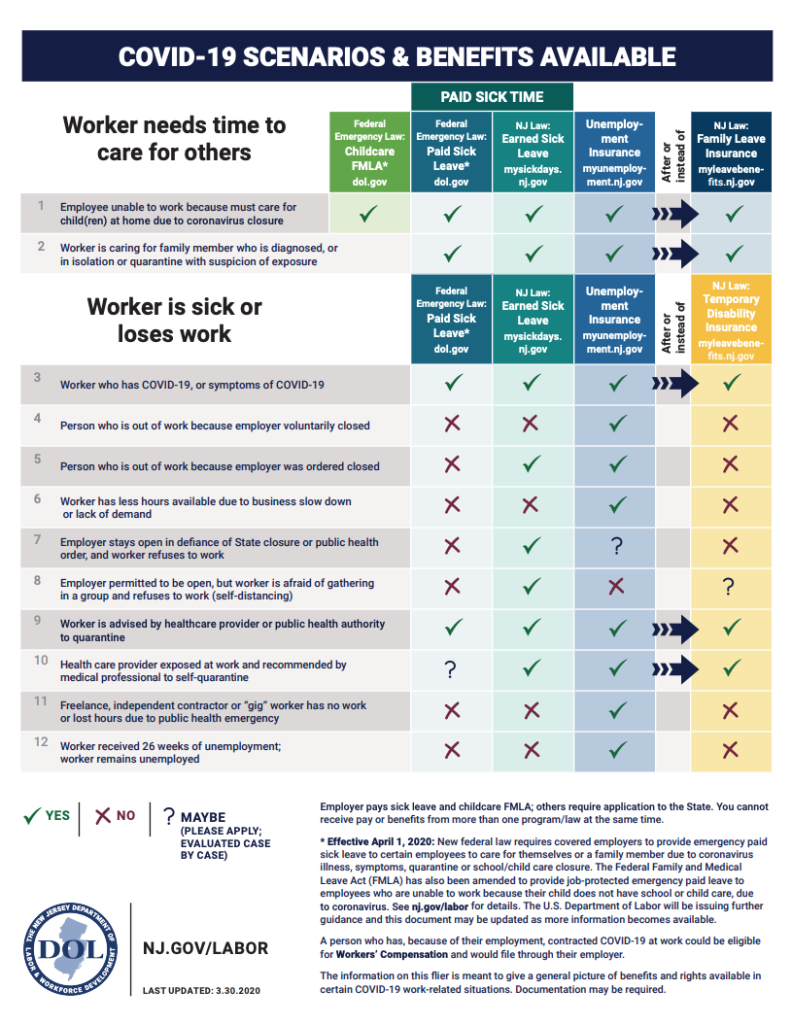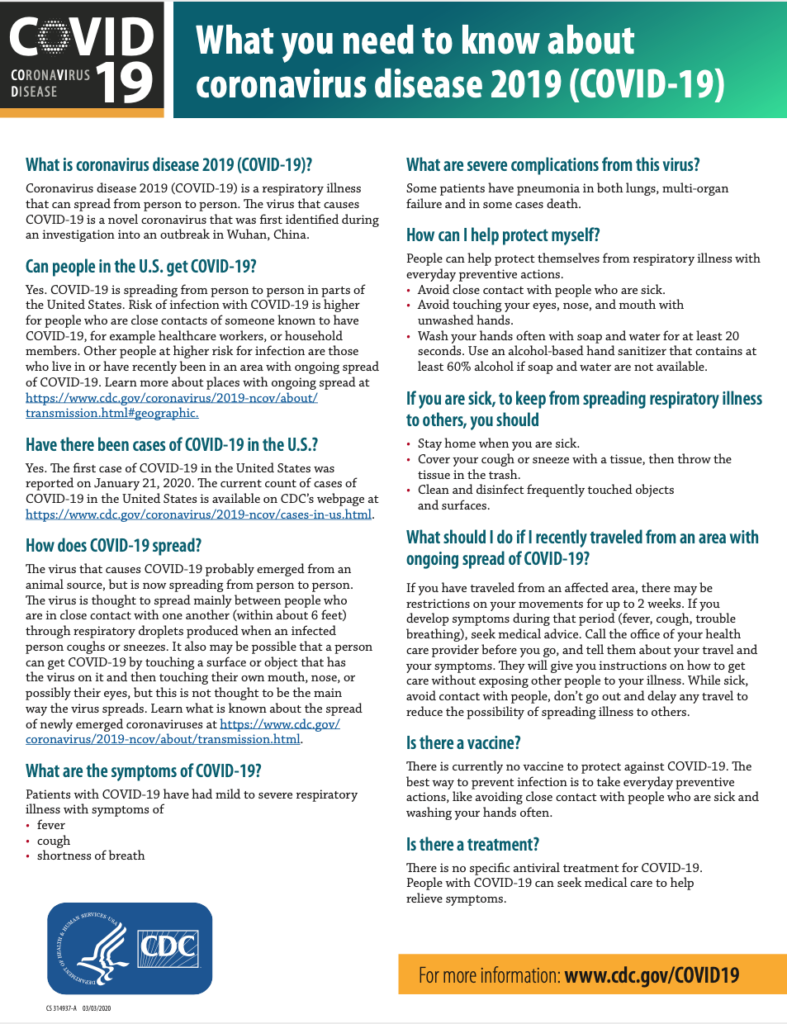As a senior veteran, you’ve served your country and your loved ones well. Once you enter your golden years, you’ve more than earned the right to enjoy your retirement, prioritizing time spent with your family and friends and on your favorite pursuits. For some senior vets, however, this is easier said than done. Physical disabilities, mental health disorders, and limited funds can make it difficult for these heroes to receive the healthcare, nutrition, and home maintenance services they need.
The good news is that there are services all over the nation that can help senior veterans thrive at home. Whether you need a physician to drop in to give you a physical, a PTSD counselor to help you work through an emotional crisis via video chat, or a contractor who can help create a peaceful home environment for veterans, our guide will help direct you to resources that can help.
Physical and Mental Health Services
Senior veterans with physical or mental health concerns can receive the care they need from the comfort of their own homes. If your primary care physician doesn’t make house calls, one or more of these agencies may be able to help.
American Red Cross – This trusted organization can confidentially connect you with free or low-cost resources in its network of trusted care providers.
Cohen Veterans Network – This program works with veterans and their families to treat mental health issues. Many of their clinicians and other staff are veterans.
Give an Hour – This group’s skilled volunteers provide free mental health services to active and retired military members. Their online search tool makes it easy to find a licensed provider in your area who specializes in treating your emotional health issue.
Military OneSource – This governmental organization helps veterans transition from military service to civilian life by offering a series of consultations that covers topics such as education, jobs, and service-related benefits. While it doesn’t directly provide physical and mental health services, the counselors here can refer you to specialists outside of the organization who can give you the care you need.
Veterans Administration (VA) – The VA has a wide array of services you can access from home, including telemental health programs, smartphone apps, and drop-in physical therapy visits. It also supplies take-home tools and other resources for those who need ongoing care. For example, those who need regular blood pressure checks can receive a digital blood pressure monitor that sends daily results to the patient’s VA-appointed doctor.
Veterans Crisis Line – If you’re having a crisis, you can call, text, or chat online with the Veterans Crisis Line. The specialist you reach will put you in touch with immediate help. Dial or text 1-800-273-8255 or visit their website if you need help.
Vets4Warriors – This nonprofit connects veterans in need of support with volunteers who are dedicated to helping you overcome whatever challenge you may be facing. You can reach out via phone call, email, text message, or online chat. It’s important to note this is not a crisis line.
Food Delivery Services
If putting food on the table is a difficult endeavor — whether due to finances or limited mobility — there are services that will bring you ready-cooked meals or the ingredients to prepare your own.
Feed Our Vets – Feed Our Vets provides food assistance at absolutely no cost to veterans and their family members. If you’re unable to visit one of its local food pantries, you can request help via food delivery or gift cards.
Meal delivery services
No matter your dietary needs or level of cooking expertise, there is a meal box kit service that’s right for you. These companies drop off pre-portioned ingredients and recipe cards for cooking your own fare. They’re a great choice for senior veterans who enjoy cooking but don’t have the time, energy, or ability to track down recipes and shop for ingredients on their own.
Meals on Wheels America – This beloved organization delivers more than 220 million ready-to-eat meals to 2.4 million senior citizens every year. Depending on your needs, a volunteer can come by as often as every day.
Personal assistants
Hiring someone to help with errand running and personal assistant services for seniors and elders is a great option for those who need regular grocery delivery and other day-to-day tasks taken care of. In addition to helping with meals, these specialists do everything from setting medical appointments to fetching prescriptions.
Housekeeping and Home Maintenance Services
No one wants to spend their golden years putting sweat equity into their home, and the older we get, the more dangerous it is to take on household tasks by ourselves. Fortunately, you can hire anyone from local cleaning pros to nearby handymen to take care of just about anything home related. In addition to household maintenance and upkeep, you should also consider bringing in specialists to make your home senior-friendly and design it to be safe for aging in place.
Some contractors offer senior discounts and/or veteran discounts, and some are even fellow retired service members. In addition to service professionals you can hire, there are many organizations that offer grants for home modification that can help with the cost of retrofitting your home for different mobilities, whether service-related or simply a natural part of aging.
Need a Pro For Your Home Project?
We can help you find a contractor to help you improve or maintain your home. You may not need to hire specialists, but be sure to take a look around your home so you can work with a pro to address any safety issues.
We owe so much to military members of every age. There are all kinds of professional and volunteer-based organizations that will visit senior veterans in their own homes to help them thrive in their physical health, emotional wellness, and home upkeep. You dedicated yourself to making the dreams of others possible for so much of your life, so take advantage of the services devoted to helping you in your golden years.




